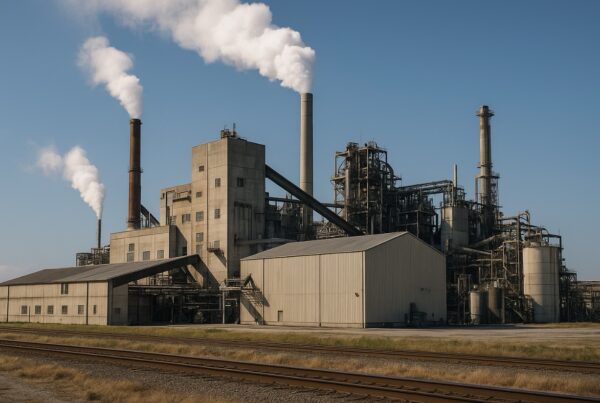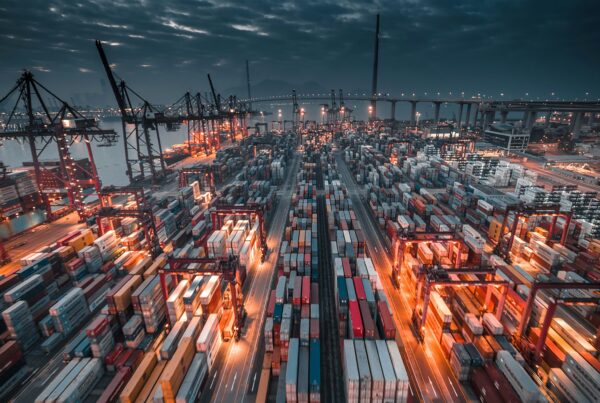Germany’s Ifo Business Climate index fell to 87.7 in September 2025, down from 88.9 in August. The decline surprised analysts who had forecast a rebound to 89.3. The survey reveals rising concern among companies about both current conditions and the economic outlook for the next six months. This drop highlights the fragile nature of Germany’s recovery after the economy shrank by 0.3 percent in the second quarter.
The Munich-based Ifo Institute gathers monthly data from around nine thousand companies across industry, services, trade, and construction. Respondents are asked to assess their current situation and future expectations. The September report showed that more businesses now rate conditions as poor and expect weaker performance ahead.
Business sectors show uneven performance
The manufacturing sector was among the hardest hit. New orders fell, and companies lowered expectations for production. Service providers also grew more pessimistic, reporting weaker demand and declining satisfaction with present conditions. In trade, businesses showed falling confidence due to soft consumer spending.
Construction was the only sector that improved slightly. Builders reported better conditions than in previous months and expressed cautious optimism. Still, these gains were not enough to balance the broader downturn.
How the index is calculated
The Ifo index combines two elements: assessments of the current situation and expectations for the next six months. Companies rate both categories, and responses are converted into balance values. These values are normalized using a reference year, creating a single indicator. A rising index signals optimism, while a falling index points to growing pessimism.
Contradictory signals from other indicators
Despite Ifo’s decline, other data painted a more positive picture. Germany’s composite PMI, published by S&P Global, rose to 52.4 in September, suggesting that activity is expanding. Since any reading above 50 indicates growth, the PMI implied short-term resilience.
The divergence between Ifo and PMI has created uncertainty. Some economists argue that PMI reflects near-term momentum, while Ifo better captures medium-term sentiment. Investors responded cautiously, with the euro weakening slightly against the US dollar and the DAX stock index slipping modestly.
Implications for Germany and Europe
Economic experts warn that the fall in business sentiment could weigh on investment and hiring. Clemens Fuest, President of the Ifo Institute, said the latest figures show recovery prospects have suffered a setback. He noted that companies face global challenges, including weaker exports, trade barriers, and slowing demand.
Germany’s leading institutes recently revised their 2025 growth forecast to 0.2 percent, up slightly from earlier estimates. Yet confidence in that projection may fade if sentiment continues to deteriorate.
The OECD has also flagged risks for the global economy. Its latest report projects world growth to slow from 3.2 percent in 2025 to 2.9 percent in 2026. Rising policy uncertainty, geopolitical tensions, and shrinking trade flows are expected to be major obstacles. As Europe’s largest economy, Germany is vulnerable to both domestic fragility and international headwinds.
Germany’s declining Ifo index serves as a warning that recovery remains fragile. Even with PMI data signaling expansion, business confidence is weak. This contrast suggests that near-term growth may hold, but companies doubt the sustainability of momentum.
The government in Berlin and the European Central Bank face the challenge of sustaining demand while maintaining stability. Policy makers must balance monetary easing, fiscal discipline, and measures to boost competitiveness.




